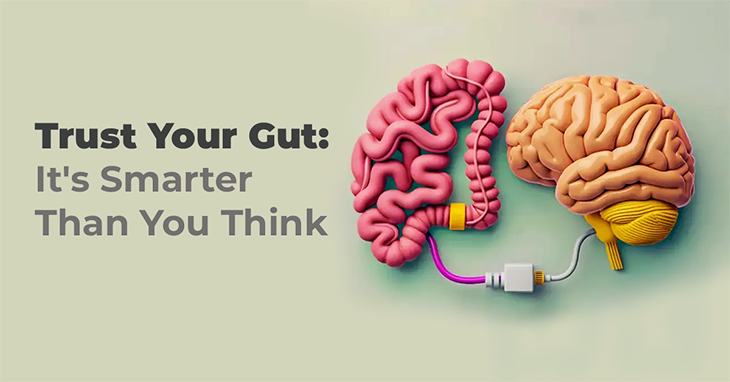Do You Want a Healthy Brain?*
Category: Healthy Brain

If you are like most people, your efforts to stay fit mean focusing on structures below your neck—your muscles and joints. Your brain needs exercise too—and maybe even more than your muscles!
Here are some brain health tips to support memory and focus:
Be active: If you don’t have a regular exercise program, start one. According to the Harvard Medical School Health Publication, regular exercise changes the brain and can improve memory, thinking skills. Any exercise will help improve blood flow to the brain and encourage the growth of new brain cells. Regular exercise also is great for your heart and your blood sugar (two big risk factors for poor brain health). Your exercise program doesn’t have to be strenuous, even walking can help.
Eat well: Dr. Michael Roizen, MD Chief Wellness Officer, Cleveland Clinic suggests a low-fat low-cholesterol diet, high in omega-3s, nuts, seeds, fruits and vegetables (especially dark leafy greens). A recent Harvard University study suggested that eating five daily servings of fruits and vegetables might lower your stroke risk by as much as 30 percent.
If you don’t care to eat a lot of fish to get your Omega-3s, you may want to take a high-quality Omega-3 supplement like the one we offer. And if you have a hard time eating five daily servings of vegetables, you may want to try our Organic Greens Booster, which is a “whole food supplement [that] packs the goodness of one cup of raw, organic, nutrient-rich green vegetables into every scoop—including kale, spinach, and broccoli.” Finally, you may want to consider an all-natural cholesterol reduction supplement as well.
Stay healthy: When you think about what is good for the brain, think about what is good for your heart; the two are closely related. Poor blood sugar control also greatly contributes to poor brain health. Do what you can to avoid these challenges by eating well, maintaining a healthy weight, and exercising regularly.
Keep connected: Social connections, such as a group of close friends, church, club, or organization, contribute to a better outlook for your brain. Harvard Medical School Health Publication notes that social connections not only help us feel good, they also influence our long-term health in ways every bit as powerful as adequate sleep, a good diet, and not smoking. Scientists are unsure why this is, but it may be enough to say that we need other people in our lives.
Brain exercise: The “use it or lose it” principle works for our brains as well as for our muscles. Doing puzzles, trying some activity that is challenging, anything to stimulate mental networks, can help the brain stay healthy.
Stress less: Daily stress is especially bad for the brain. While stress is just a fact of modern life, there are many ways you can lessen the impact of our stressful lives. Exercise is one of the best ways, along with meditation, yoga, prayer, and contemplation. You also may want to try our Stress Reduction Complex, which contains a blend of L-theanine, ashwagandha, beta-sitosterol, and L-tyrosine to help reduce feelings of stress.
For more information, please contact me at Jerry@Fit4LifeLLC.com.
*Taken from a Shaklee blog post.



Facebook Comments